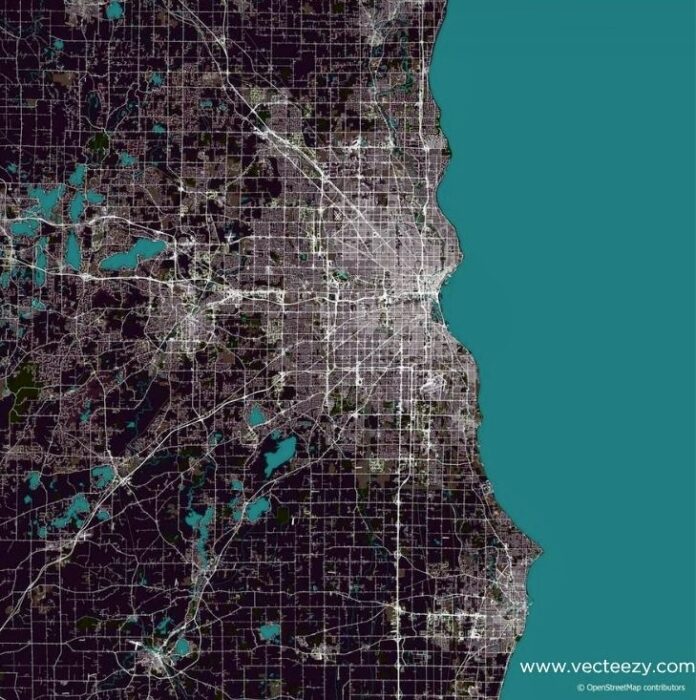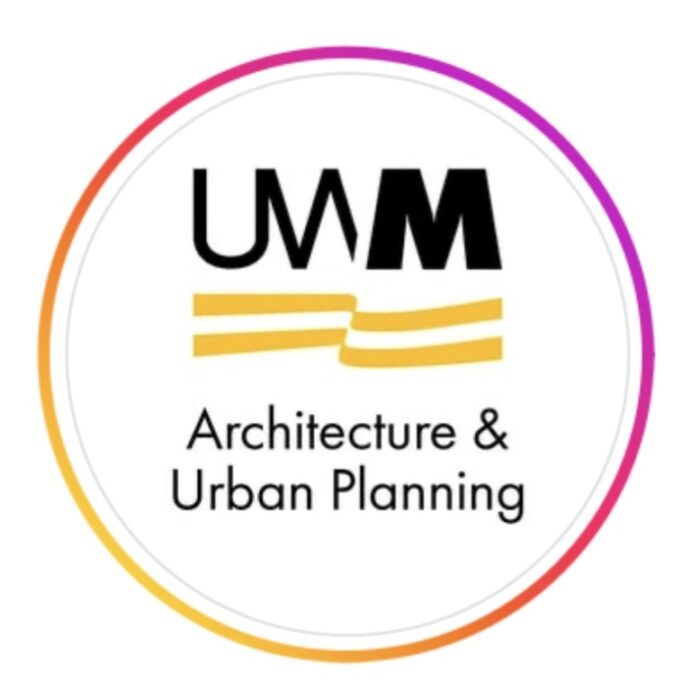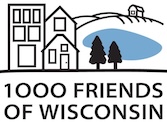During the spring 2025 semester, 1000 Friends of Wisconsin collaborated with Dr. Kirk Harris and the UWM Center for Equity Practice and Planning Justice on a class focusing on Growing MKE. Four students – Amy Horst, Rose Melton, Mateo Vargas-Nuñez, and Aaron Zitelman – developed an analysis and recommendations for an equity-based growth plan and presented their findings in a presentation on May 15, 2025.
It’s no secret that Milwaukee, like many cities in Wisconsin, is facing a housing affordability crisis. The City of Milwaukee is using zoning reform to address the problem through Growing MKE. Students in Dr. Harris’s class identified strengths and weaknesses in the GMKE plan and offered a set of recommendations based on three areas of opportunity.

Mental models, relationship building, and trust
“Community engagement processes must be based on continuous building of relationships where each party holds power and gains benefit from the engagement.”
This means respecting the value of data held within communities, sharing power, and understanding conflict as a way to find common ground.
Community decision-making
“Strategies associated with Community Control and Engagement should explicitly center local control of community assets and land and focus on residential preferences and protection against displacement, contrary to traditional development strategies that prioritize speculation.”
This includes alternatives like increasing local control of assets through Neighborhood Improvement Districts and community land trusts, participatory budgeting, and policies that support tenant rights and prevent displacement.

Regional collaboration
“Housing affordability is an issue that extends beyond city boundaries; without a regionally coordinated response, Milwaukee’s efforts may be limited in the scale of their impacts.”
Recommendations include adopting a regional strategy for TIF extension for affordable (workforce) housing, prioritizing housing stability by measuring affordability and displacement risk, and exploring fair distribution of property tax revenue to incentivize collaboration.

